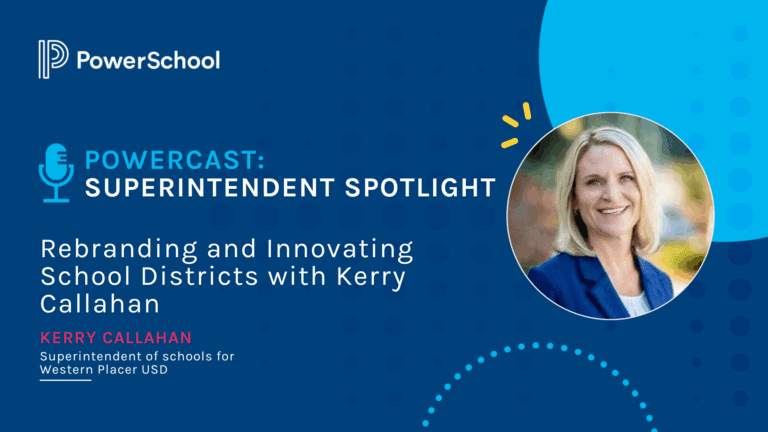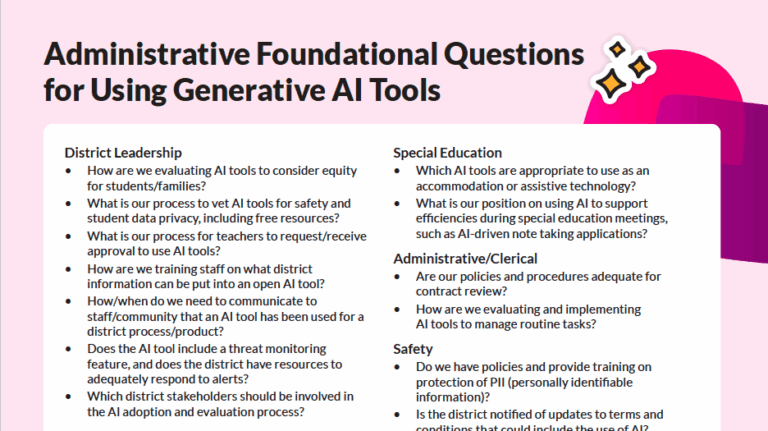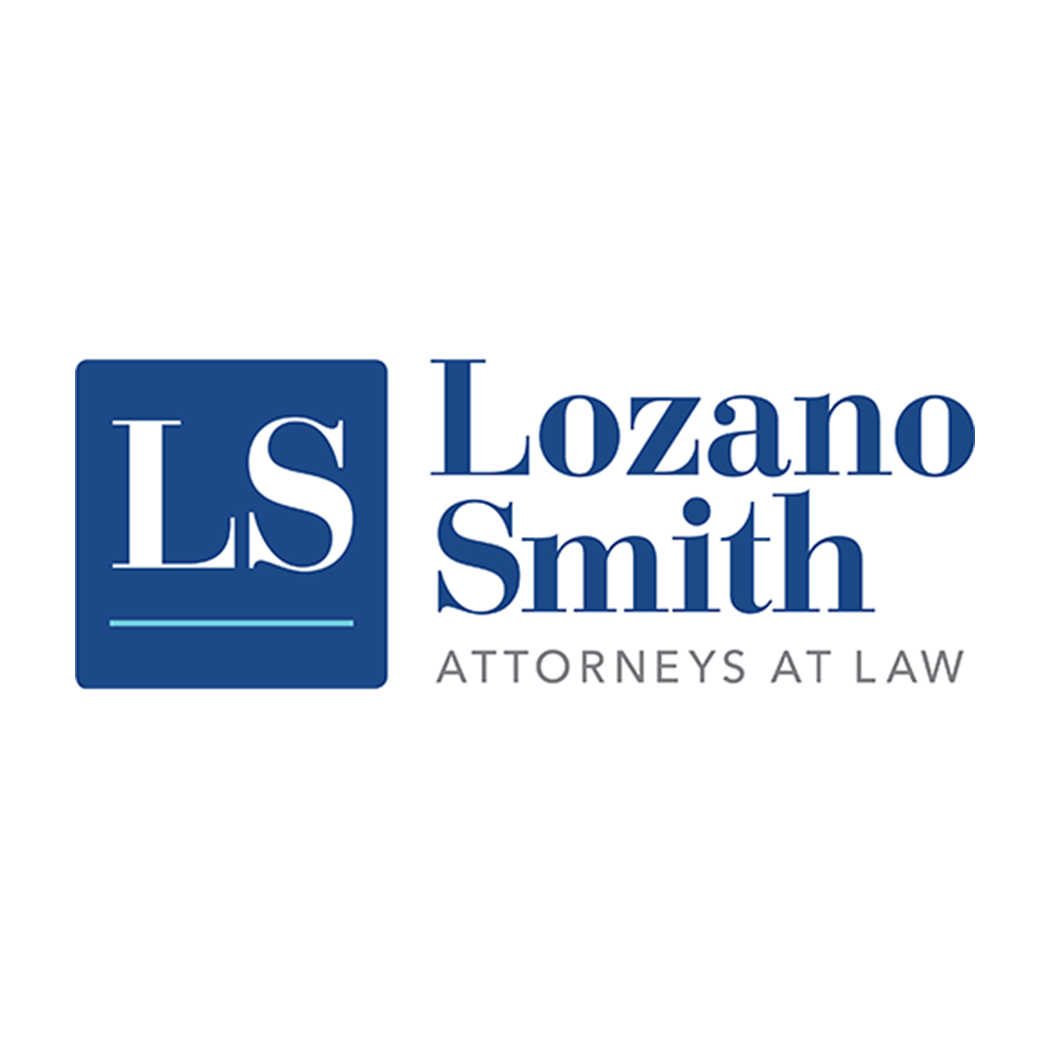This resource is provided by ACSA Partner4Purpose Lozano Smith.
In a case of first impression, the U.S. Court of Appeals for the Ninth Circuit recently ruled that special education students who have been parentally-placed in private school are not entitled to an individualized education plan (IEP) offer from their public school district, unless they request one. (Capistrano Unified School District v. B.W. (9th Cir. Dec. 30, 2021, Nos. 20-55961, 20-55978) F.4th .) Although practical reasons remain to offer an IEP to a parentally-placed private school student, according to the Ninth Circuit, choosing not to do so is not a basis for determining that a free appropriate public education (FAPE) was denied.
Background
Generally, school districts must prepare an annual IEP for any student in their jurisdiction who is entitled to receive special education. According to the Ninth Circuit, one exception is when parents unilaterally choose to place their student in private school.
At times, parents disputing a school district’s offer of FAPE will enroll their child in private school and later seek reimbursement from the district. Reimbursement may be awarded if a court or hearing officer finds that the public agency did not make a FAPE available to the student in a timely manner before that enrollment.
In the Capistrano case, B.W.’s parents disagreed with Capistrano Unified School District’s (Capistrano) annual IEP offer at the start of first grade. Months later, they filed a complaint with the California Office of Administrative Hearings (OAH) and then withdrew B.W. from public school, stating that she would attend private school for the remainder of first grade and for all of second grade. When B.W.’s parents indicated their intent to seek reimbursement for the private school tuition, Capistrano denied the request and proposed an IEP meeting. B.W.’s parents did not respond but withdrew their pending complaint. During B.W.’s second grade year, while she was still attending private school, her parents again filed a complaint with the OAH against Capistrano. Capistrano responded by again denying the requested reimbursement and proposing an IEP meeting.
While B.W. attended private school, Capistrano did not file for due process to defend the IEP offer and did not prepare a new IEP offer prior to her second grade year. B.W.’s parents argued each of these inactions resulted in a denial of FAPE. The trial court (the U.S. District Court), found otherwise, and the Ninth Circuit affirmed.
Ninth Circuit Decision
The Ninth Circuit held Capistrano did not need to prepare an IEP for the parentally-placed private school student unless the parents had requested an IEP, even where a dispute over FAPE existed and a claim for reimbursement was pending.
The Ninth Circuit confirmed that the federal Individual with Disabilities Education Act (IDEA) only recognizes two categories of private school students: those enrolled by their parents (who are not entitled to IEPs) and those placed there by public agencies (who require IEPs). The Ninth Circuit declined to differentiate students within that first classification on the basis that a FAPE dispute existed at the time of the private school placement. Contrary to the parties’ shared belief, the Ninth Circuit opined that the IDEA provisions addressing reimbursement for private school tuition are payment provisions, not a statutory right to FAPE, stating “[t]here is no freestanding requirement that IEPs be conducted when there is a claim for reimbursement.” In other words, simply requesting reimbursement does not render a student a parentally-placed private school student entitled to an IEP from their public school.
Also significant, the Ninth Circuit addressed the California law regarding when a school district is required to “launch a due process hearing.” The court clarified that the mere lack of parental consent to an IEP does not trigger the requirement; rather, the public agency’s determination that the failure to consent will cause a denial of FAPE is the “sole trigger for any obligation to file a due process complaint.”
Takeaways
According to the Ninth Circuit, a school district is not legally required to prepare an IEP for a student enrolled by parents in private school unless an IEP is requested by the parents. However, it still may be advantageous to the district to do so in certain circumstances. Districts should be aware that this Ninth Circuit decision may be appealed. Accordingly, upon receiving a unilateral placement notice and request for reimbursement, school districts should carefully evaluate their responsive options and consult with legal counsel as appropriate.
If you have questions about this case or parentally-placed private school students, please contact an attorney at one of Lozano Smith’s eight offices located statewide. You can also subscribe to our podcasts, follow us on Facebook, Twitter and LinkedIn or download our mobile app.

































